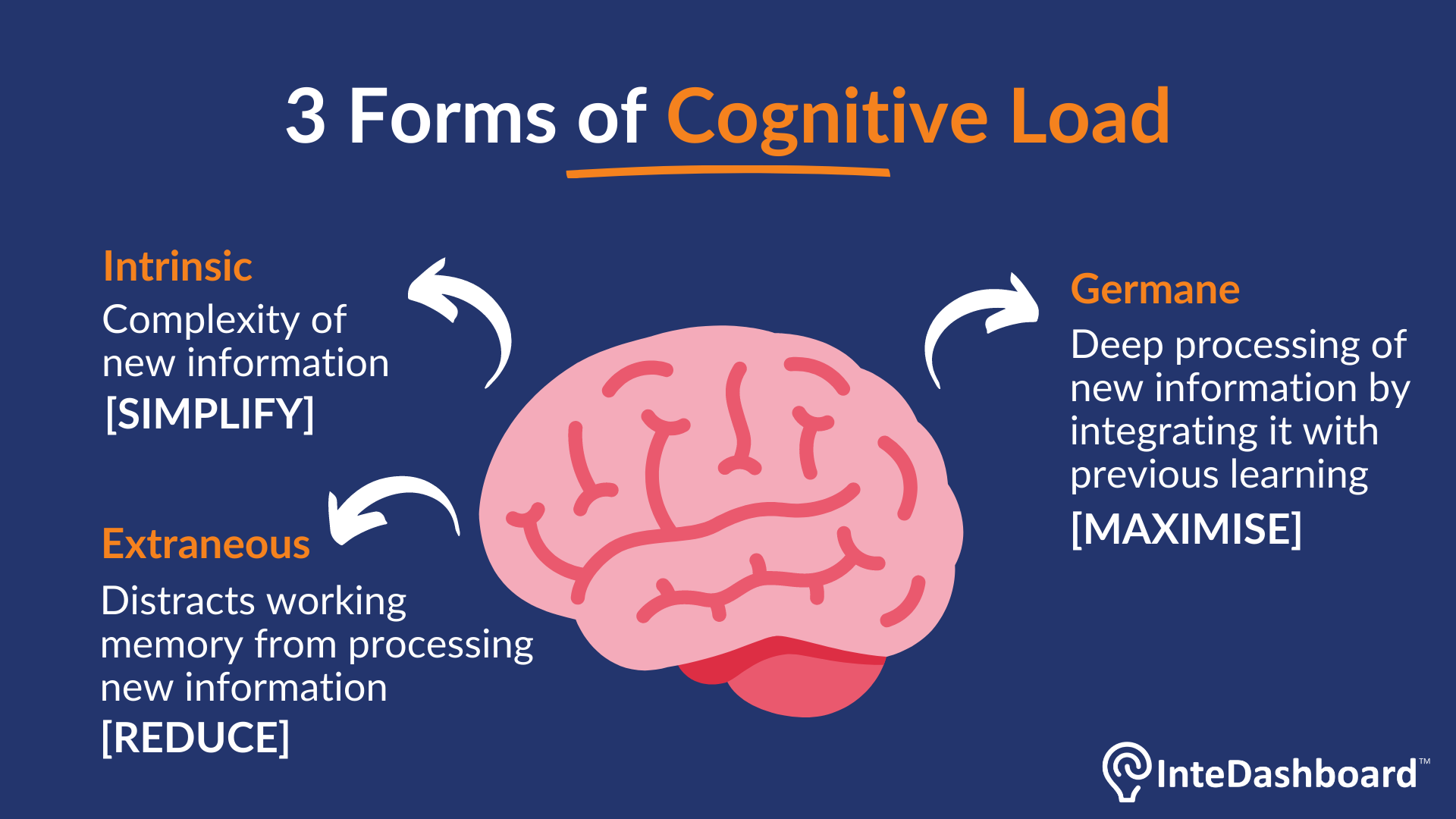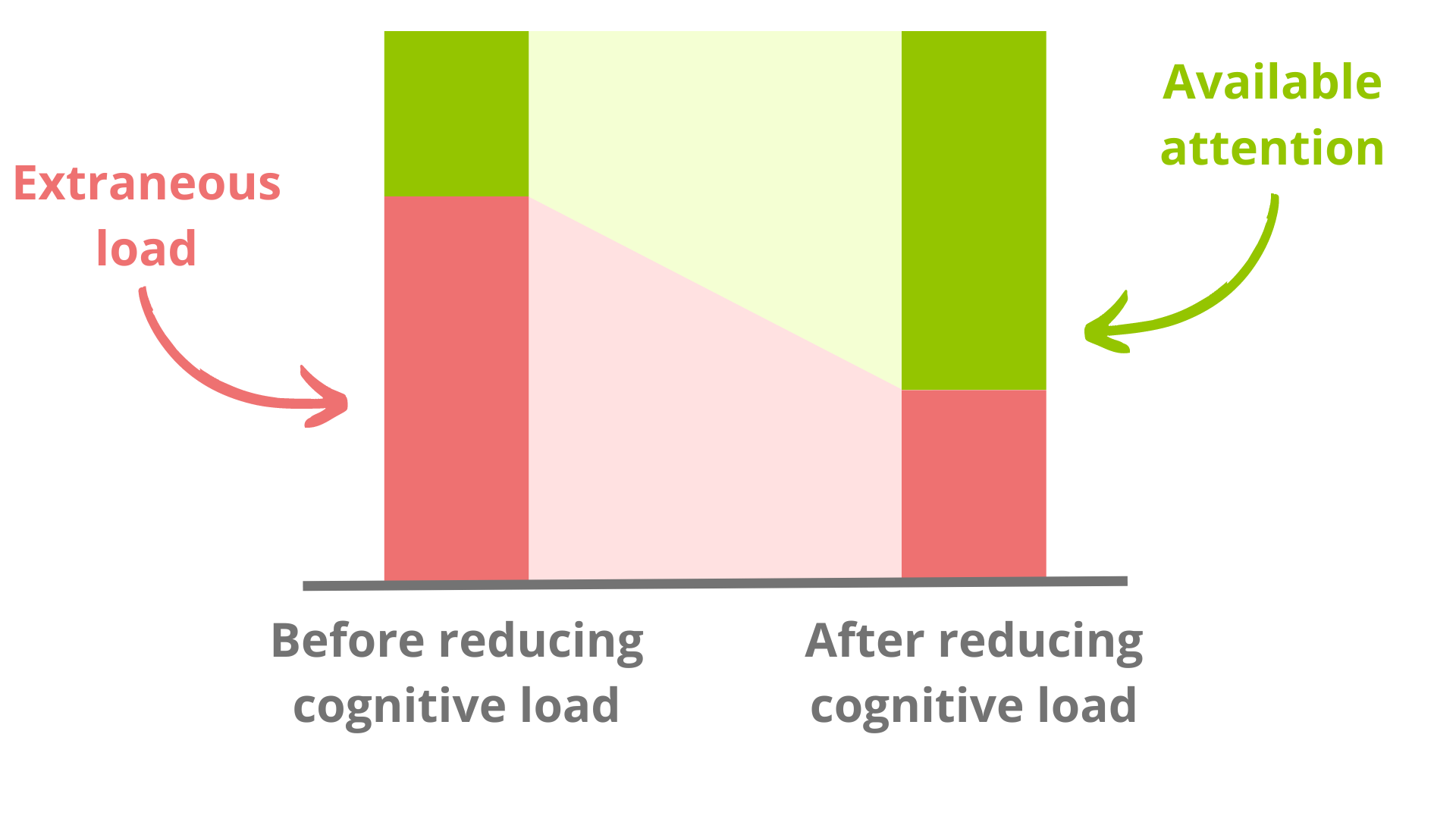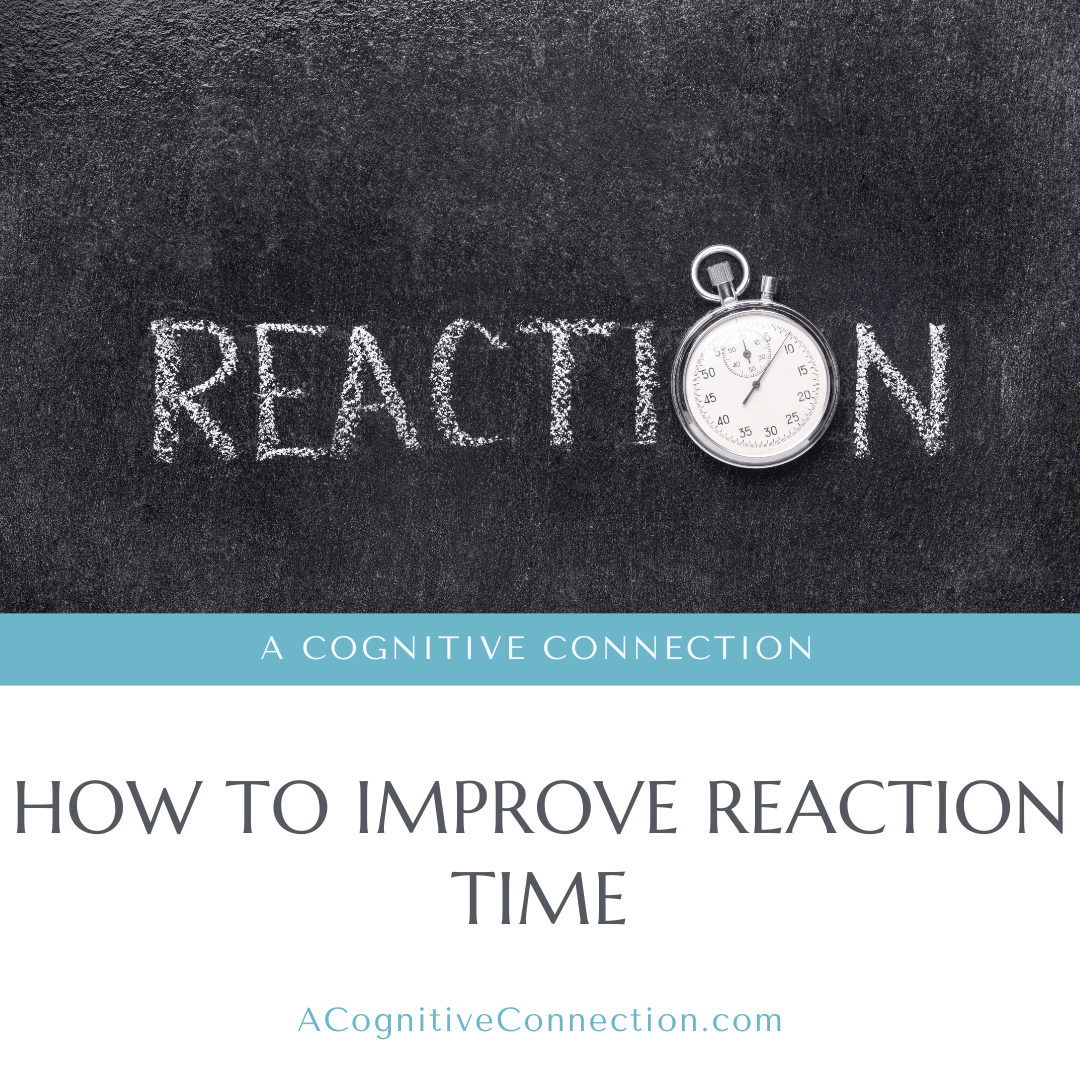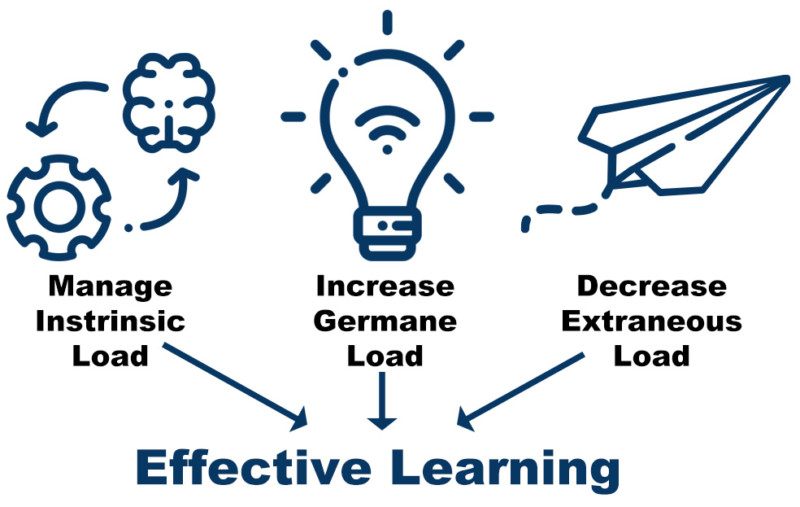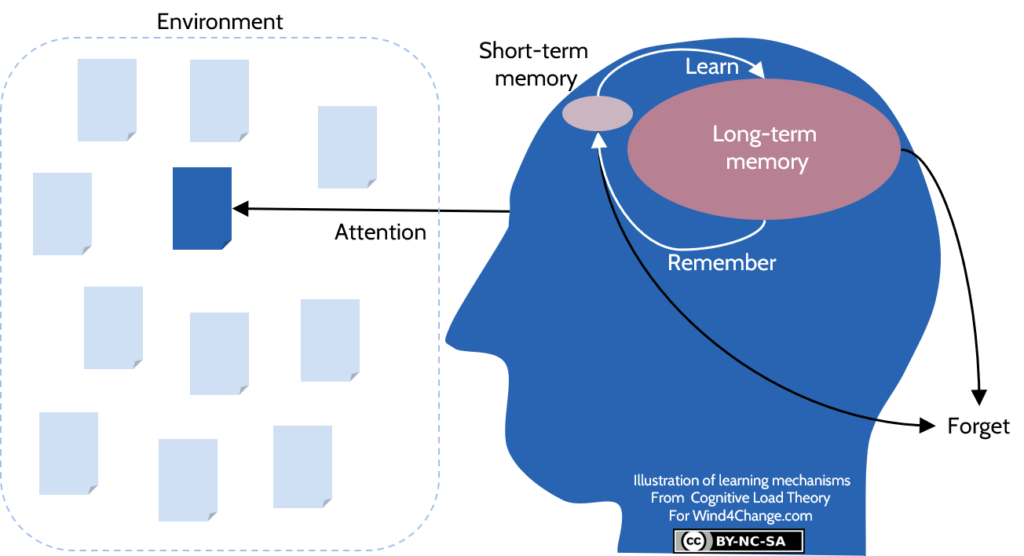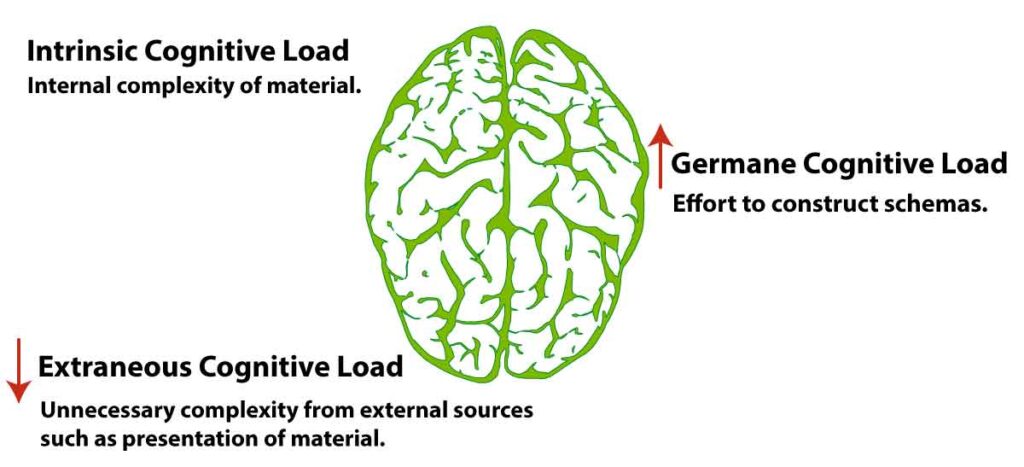As Cognitive Load Increases Reaction Time
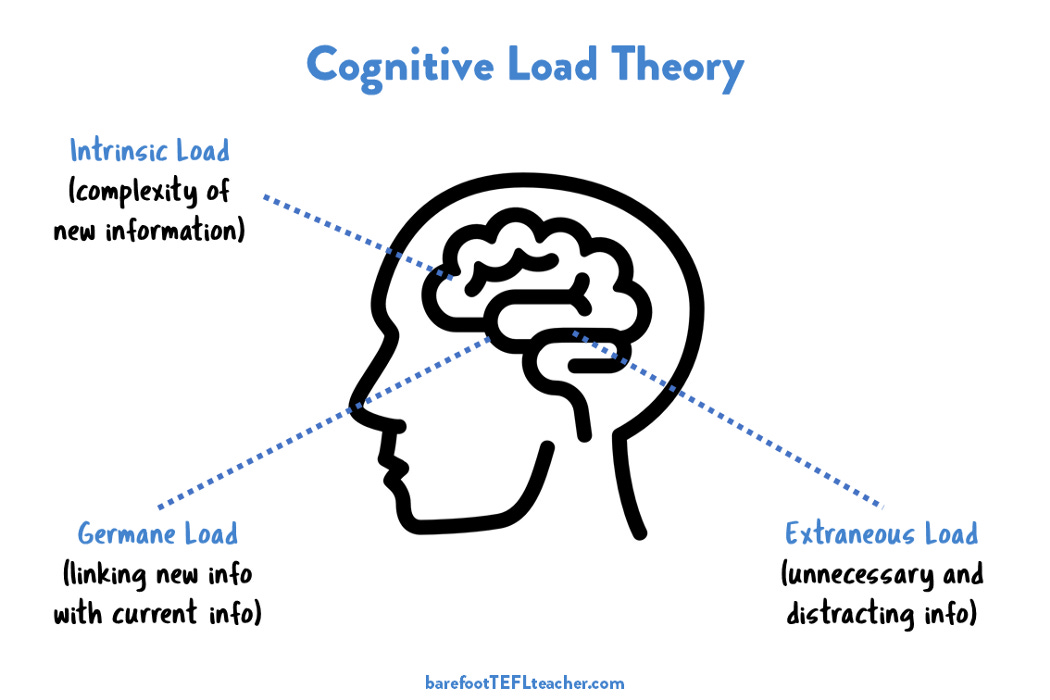
In an increasingly complex world, where individuals are bombarded with information and demands on their attention, a growing body of research is confirming a fundamental principle of human cognition: as cognitive load increases, reaction time slows down.
This seemingly simple relationship has far-reaching implications for safety, productivity, and overall well-being, impacting everything from driving performance to workplace efficiency.
The correlation between cognitive load and reaction time has been observed across various settings and tasks. This article explores the scientific evidence behind this phenomenon, its potential consequences, and what steps can be taken to mitigate its effects.
The Science of Slowdown
Cognitive load refers to the mental effort required to perform a task. It encompasses the amount of information being processed, the complexity of the task, and the individual's skill level and prior experience.
When cognitive load is low, the brain can efficiently process information and respond quickly. However, as the demands on attention and working memory increase, the brain becomes overloaded, leading to delays in decision-making and action.
Numerous studies have demonstrated this relationship through controlled experiments. For example, research published in the journal Human Factors showed that drivers' reaction times increased significantly when they were engaged in distracting activities such as talking on a cell phone or adjusting the radio.
Similar findings have been reported in other domains, including aviation, healthcare, and manufacturing.
Key Factors Influencing Reaction Time
Several factors can influence the impact of cognitive load on reaction time. These include the individual's age, level of expertise, and state of alertness.
Older adults tend to experience greater declines in reaction time under high cognitive load conditions compared to younger adults, due to age-related changes in brain function. Similarly, individuals who are fatigued or sleep-deprived are more susceptible to the negative effects of cognitive overload.
Expertise can also play a mitigating role. Individuals with extensive experience in a particular domain are often able to process information more efficiently and maintain faster reaction times even under high cognitive load.
Real-World Implications
The relationship between cognitive load and reaction time has significant implications for safety and performance in various real-world settings. Driving is perhaps the most obvious example.
Distracted driving, caused by activities such as texting or talking on the phone, dramatically increases the risk of accidents. The National Highway Traffic Safety Administration (NHTSA) estimates that distracted driving was a factor in over 3,142 fatalities in 2020 alone.
In the workplace, high cognitive load can lead to errors, reduced productivity, and increased stress. For example, air traffic controllers, medical professionals, and assembly line workers must constantly process large amounts of information and make critical decisions under pressure.
When these individuals are overloaded, the risk of mistakes increases, potentially leading to serious consequences.
Mitigating the Effects of Cognitive Overload
Fortunately, there are several strategies that can be employed to mitigate the negative effects of cognitive overload. One approach is to simplify tasks and reduce the amount of information that needs to be processed.
This can be achieved through better design of user interfaces, improved training programs, and the implementation of standardized procedures. Another strategy is to optimize the work environment to minimize distractions and promote focus.
This may involve creating quiet workspaces, implementing noise reduction measures, and providing employees with adequate rest breaks.
Technological solutions can also play a role. For example, advanced driver-assistance systems (ADAS) can help to reduce cognitive load on drivers by providing warnings and automated assistance. Similarly, software tools can help to automate tasks and reduce the amount of manual effort required in the workplace.
Finally, individuals can take steps to improve their own cognitive resilience. This includes getting adequate sleep, maintaining a healthy diet, and engaging in regular exercise. Mindfulness meditation and other stress-reduction techniques can also help to improve focus and reduce the impact of cognitive overload.
A Human Perspective
Consider the case of Sarah Miller, an emergency room nurse. In her demanding role, she is constantly faced with high-pressure situations requiring rapid decision-making.
"There are days when I feel completely overwhelmed," she admits. "Patients are coming in with all sorts of emergencies, alarms are going off, and doctors are shouting orders. It's like my brain is going to explode."
Miller has learned to cope with the cognitive overload by prioritizing tasks, delegating responsibilities, and taking short breaks to clear her head. She also practices mindfulness meditation in her spare time.
These strategies help her to maintain her focus and make sound decisions even under intense pressure. "It's not easy," she says, "but I know that my patients' lives depend on my ability to stay calm and focused."
Looking Ahead
As technology continues to advance and the pace of life accelerates, the demands on our cognitive resources will only increase. Understanding the relationship between cognitive load and reaction time is therefore more important than ever.
By implementing strategies to reduce cognitive overload and improve cognitive resilience, individuals and organizations can enhance safety, productivity, and overall well-being. Further research is needed to explore the nuances of this relationship and develop more effective interventions.
Ultimately, creating a more human-centered approach to design and work will be essential for navigating the complexities of the modern world.
